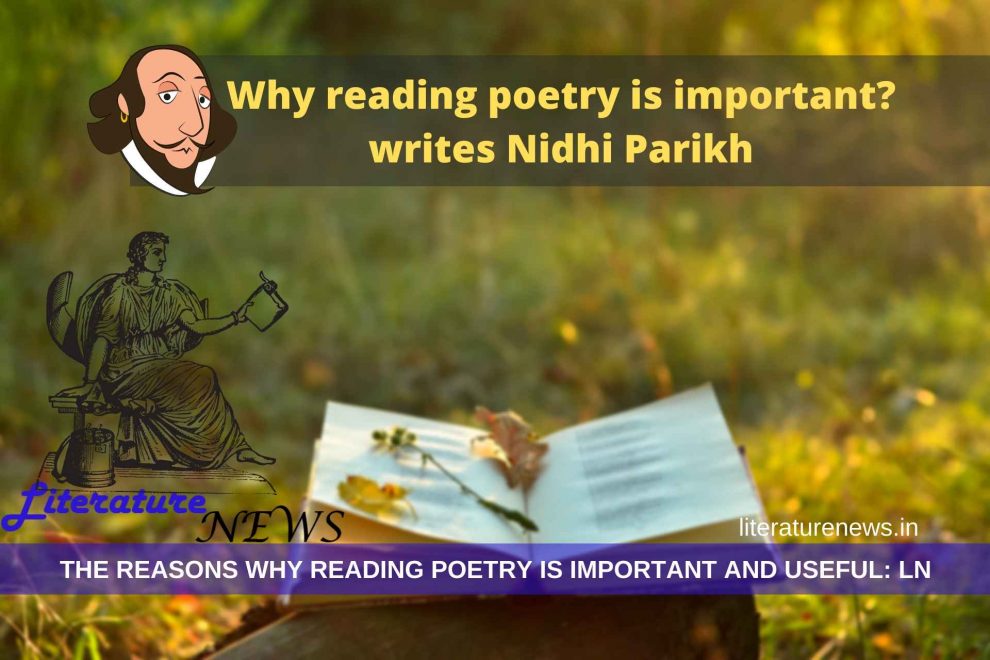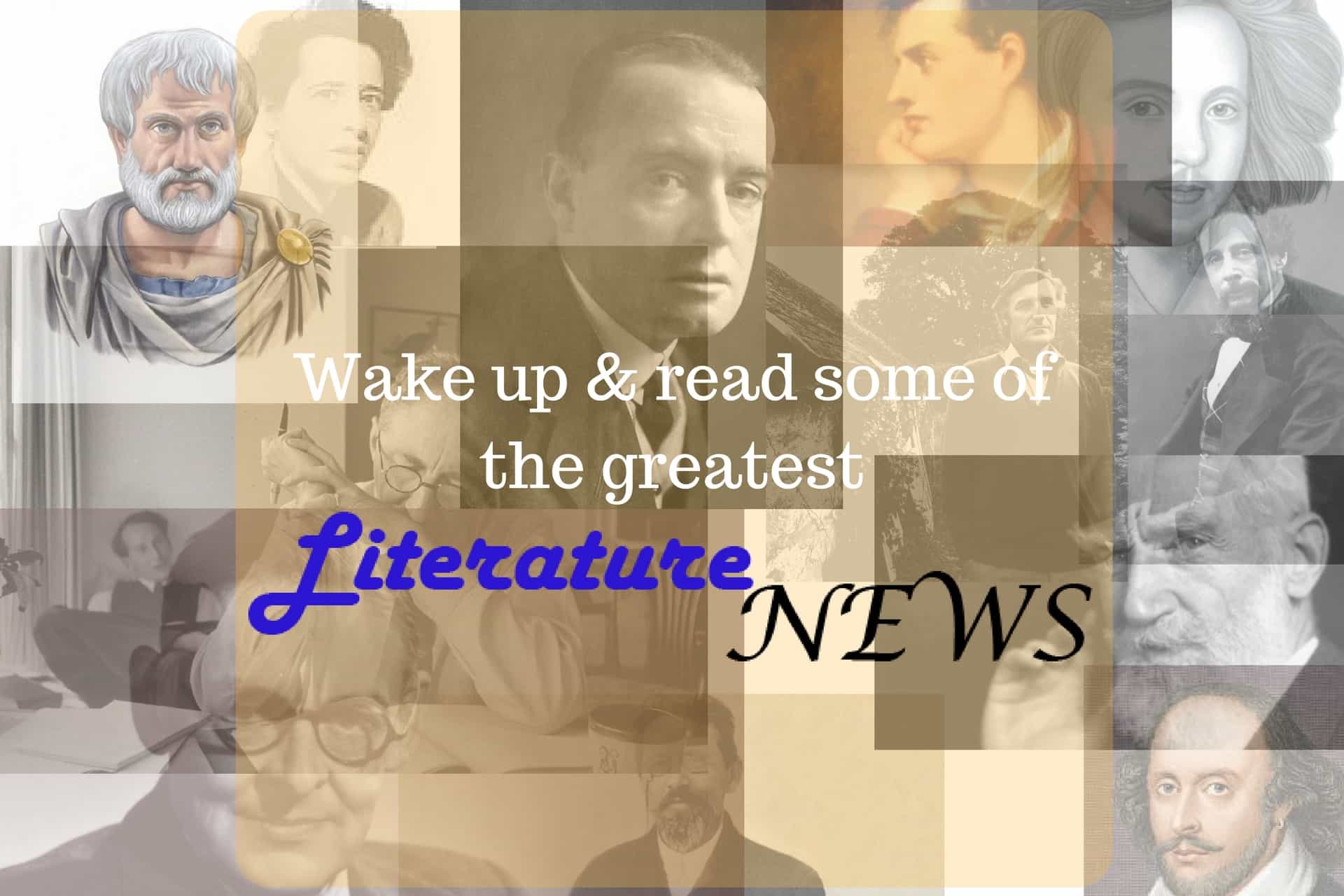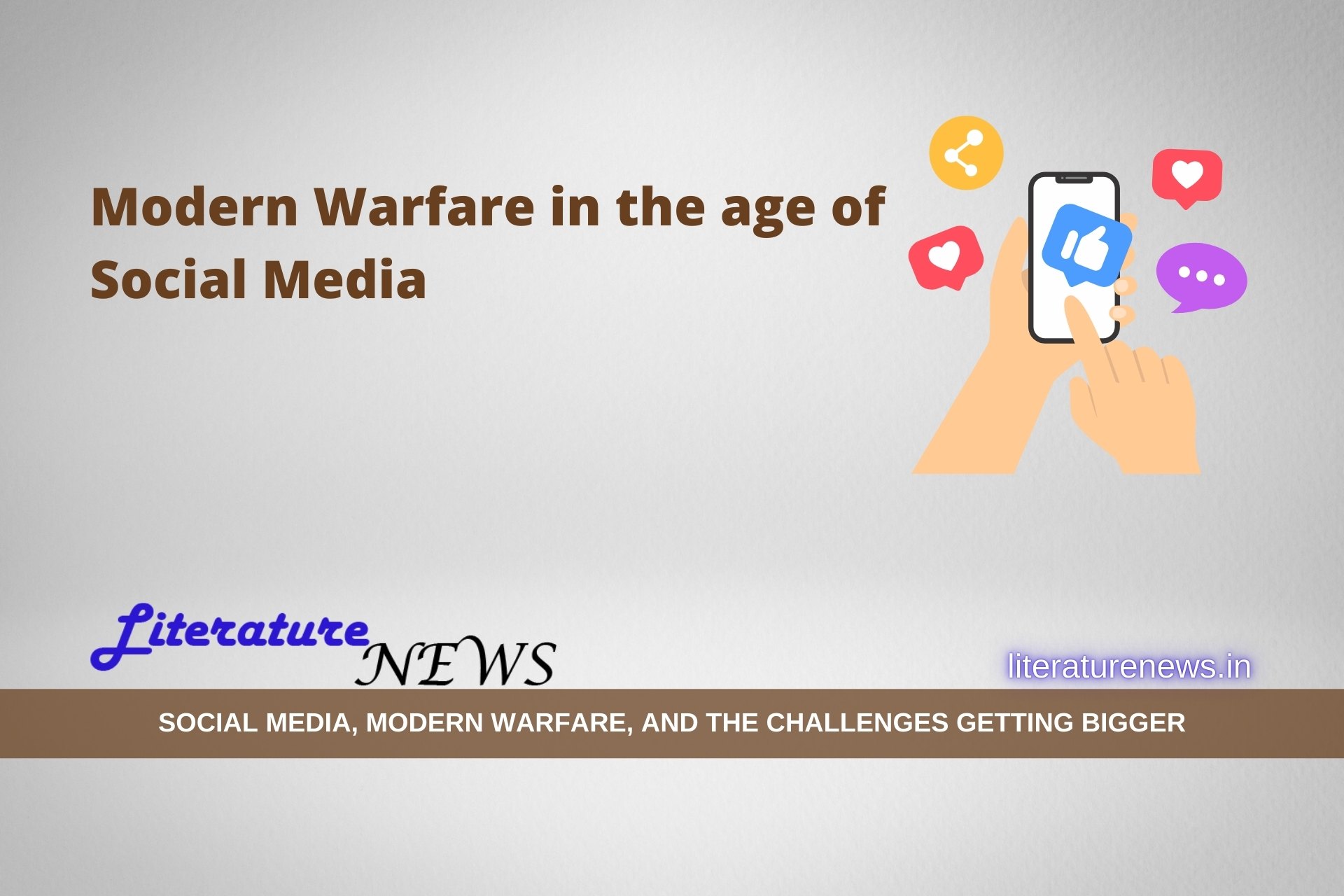The question is, why is reading poetry important and good for you? The answers can be many and we can look into the books of poetry for inspiration or look at other forms of literature for an indirect answer, why other forms are not as important as poetry? Below is the answer you might want to read.
If I extend the logic, or rather stretch it, a little far from the conventional ones, since the birth we are related to poetry in similar way trees are related to their roots. Roots nurture a tree by drawing water, necessary nutrients from the soil and anchor, nourish and nurture the tree. Poetry too nurtures us by pouring in the colours of expressions, feelings, and sound of words through which the unconscious mind can be awakened to witness what we seldom get a chance to do in the mundane of daily lives. ‘Good’ poetry connects readers with themselves. I shall not enter this eternal debate of what is good and, if at all, bad poetry. I shall take the skip root and stick to my purpose of writing this article which is why reading poetry is important to us. And this is the reason all good poets have been admired from the ancient times for their emotive language and flowery expressions that seem to perfectly describe what everyone can feel through their five senses.
If we talk about history, poetry has a long and rich history dating back to the ancient times without calendar (at least we think so). In India, poetry is as old as Vedic times. Wonderful super-poetry like Ramayan, Purans, Veds and so on… have been there for a time we cannot fathom. Coming to the times we could gather the records a little better, Meghdoot, written by the great Indian poet Kalidas as early as 5th century, is regarded as a poetic masterpiece. Coming further, we have Ramcharitmanas and then, even before that, poems by Maithil Kokil Vidyapati. Looking outside India, we have Ovid, Homer, Virgil and Dante other than Wordsworth, Shakespeare, John Keats and T. S. Eliot along with many others. Poetry has always been there. However, what makes reading poetry so important? And why at all, a reader might ask, reading poetry is useful? Why not someone would spend time reading Jane Austen or, if an Indian crime thriller lover, Ashwin Sanghi or Chetan Bhagat (youths and teenagers)?
It’s no secret that poetry is powerful. In a few short stanzas, poetry has an entire story to tell, lessons to teach, ideas to offer, a slice of the unseen world to present, to enlighten humankind and society as a whole. Irrespective of the language in which it is written, poetry has a number of roles to play and purposes to solve. If you think, you can probably understand this. Poetry can be a magical cradle that can help lull babies to sleep. It can be a potent ambassador for creating awareness about great issues. It can be a true inspirer that motivates readers to observe, dream, reminisce, ponder, and express. It can be a natural healer and comforter as it fills our hearts with new hopes and energies. It can be an antique mirror through which we could peep into the history and revere rich heritage of the world about to dawn in the near or distant future. Last, but not the least, it can be a great teacher as it teaches subtle lessons of life.
Despite this, novels are far more popular than poetry! Why? Anyone might wonder if poetry is so important and has so many roles to play in our lives, why are novels popular, bestselling and, importantly, monetary successful? Yes, it is. Novels and novelists are famous but only for a specific time and seldom, very few of them can sail across their limits of time, period, social set-up and country. In short, mostly, novels are longer, relevant to a specific period and place and hard to remember. For instance, The Castle of Otranto by Horace Walpole, considered as the first Gothic novel, was very popular along with others by him in that period. However, what happened to that? I bet that no one who is not a student of English literature must have heard even the name of the novel or the novelist himself. On the other hand, compare the name of Shakespeare to any scientist of a president, you can see the surprising results yourself! Homer, Kalidas, Valmiki, Tulsidas, Ved Vyas, Vidyapati… examples are so many!
Poetry is crisp, timeless, and worth remembering. Even if it articulates a specific era, it has a message which is far-reaching and followed by people even for ages. For further understanding, Dohas of Rahimdas and Kabirdas and Chopaiyan of Tulsidas, the three famous Indian poets of the medieval period, are still hugely popular. Poetry implants all the seven colours of the rainbow and nine ‘Rasas” in it. It can bring out the beauty of a language in its purest form. And this is why poetry becomes almost immortal if it is due to become so.
Reading poetry does not only heal your mental wounds but also works like charm upon your physical discomforts. Suppose you are tired and reach home with a bad day on your back, you cannot risk sitting with a crime thriller and further engrave the lines of tension on your stretched-already mental tissues. What you can do is draw the best poetry collection from your book shelve and start reading it. Sonnets by Shakespeare or a wonderful poetry collection by any Indian poet like Toru Dutt or Aurobindo Ghosh, and you will see yourself healing mentally and comforting physically. Poetry has that magical power to penetrate deeper into the darkness that prose can seldom think!
Poetry is a bridge between something which is to be remembered and something to be recognised. By walking on this bridge consciously, readers can reach to a world, architected by the poet’s words and feelings, where there is learning, there is a solution and there is solace. While on a journey, poetry influences readers to see many ignored, though important, things; it compels to feel the unknown, though necessary, pain; it inspires to touch the untouched, though valuable, emotions; it excites to smell the unscented, though sweet, scent of life, and hear suppressed, though loud, voices. Interestingly, the same pathway serves differently to every reader and everyone has a unique realization. In short, poetry helps you understand the world in and around you.
Unlike any other form of literature, poetry is contagious and its transmission is easy. It deals with true emotions. It can make readers laugh and bring them to tears. So, in this tough period when the entire world is fighting with the fear of incurable (thus far) Corona Virus in mankind, we should promote and spread poetry which will help in psychological healing of people. Poetry is magic and it can do wonders! And YOU MUST TRY THIS AT HOME! It is safe and fun.
Further reading:
Written by Nidhi Parikh for Literature News






Add Comment